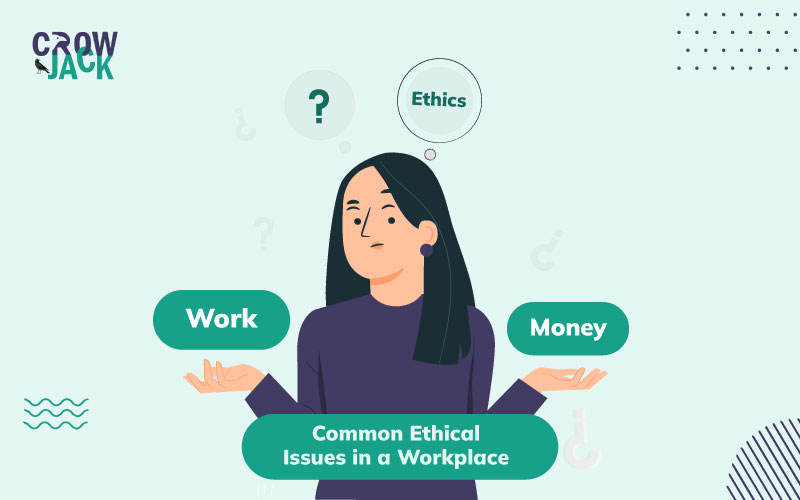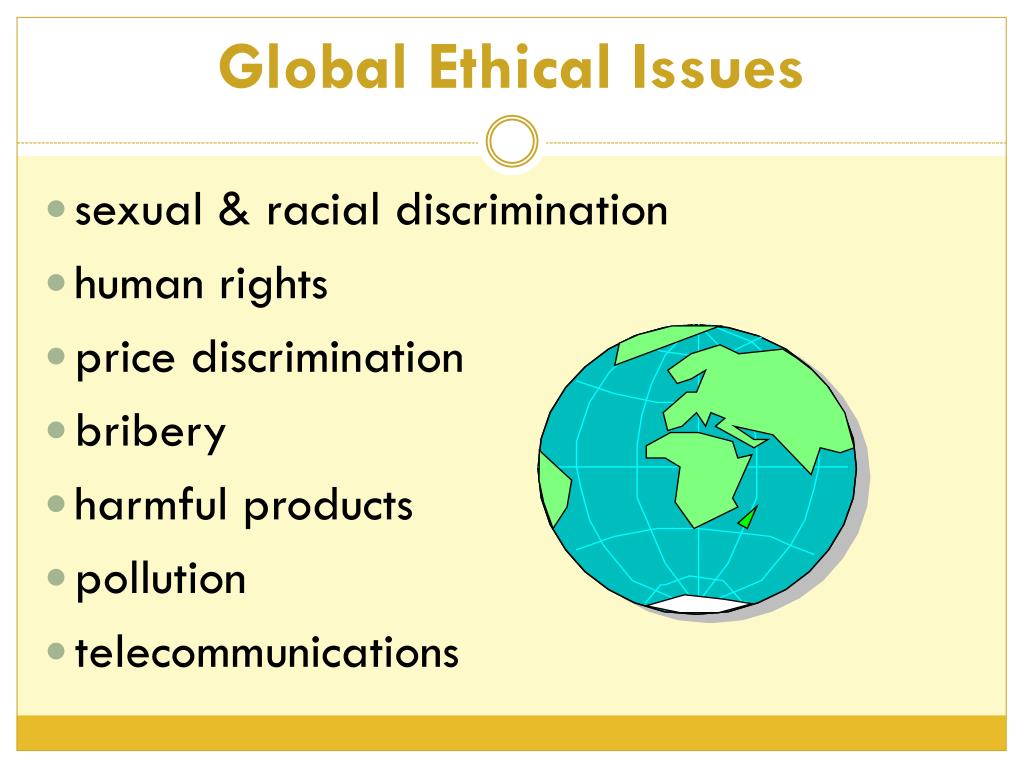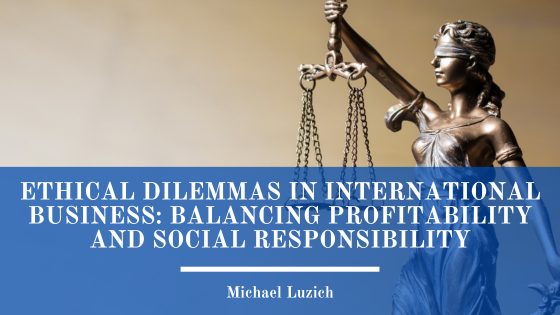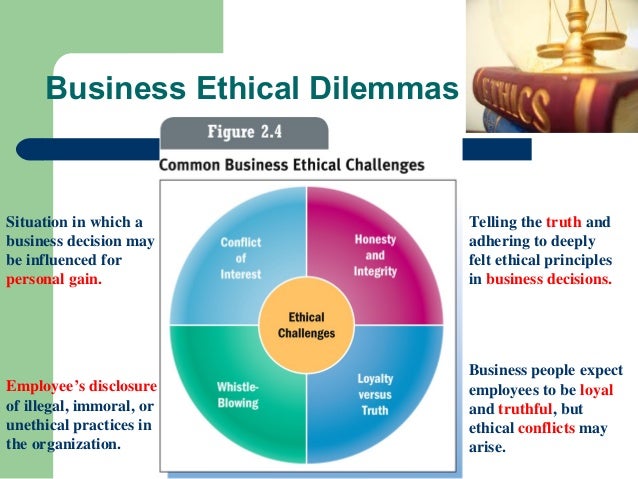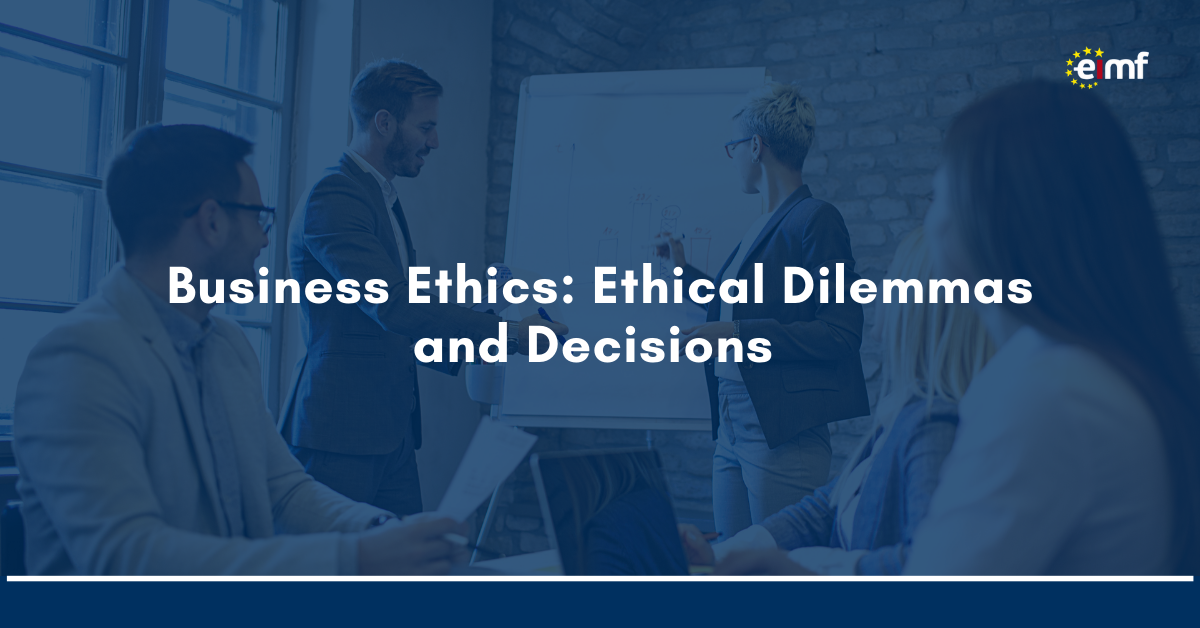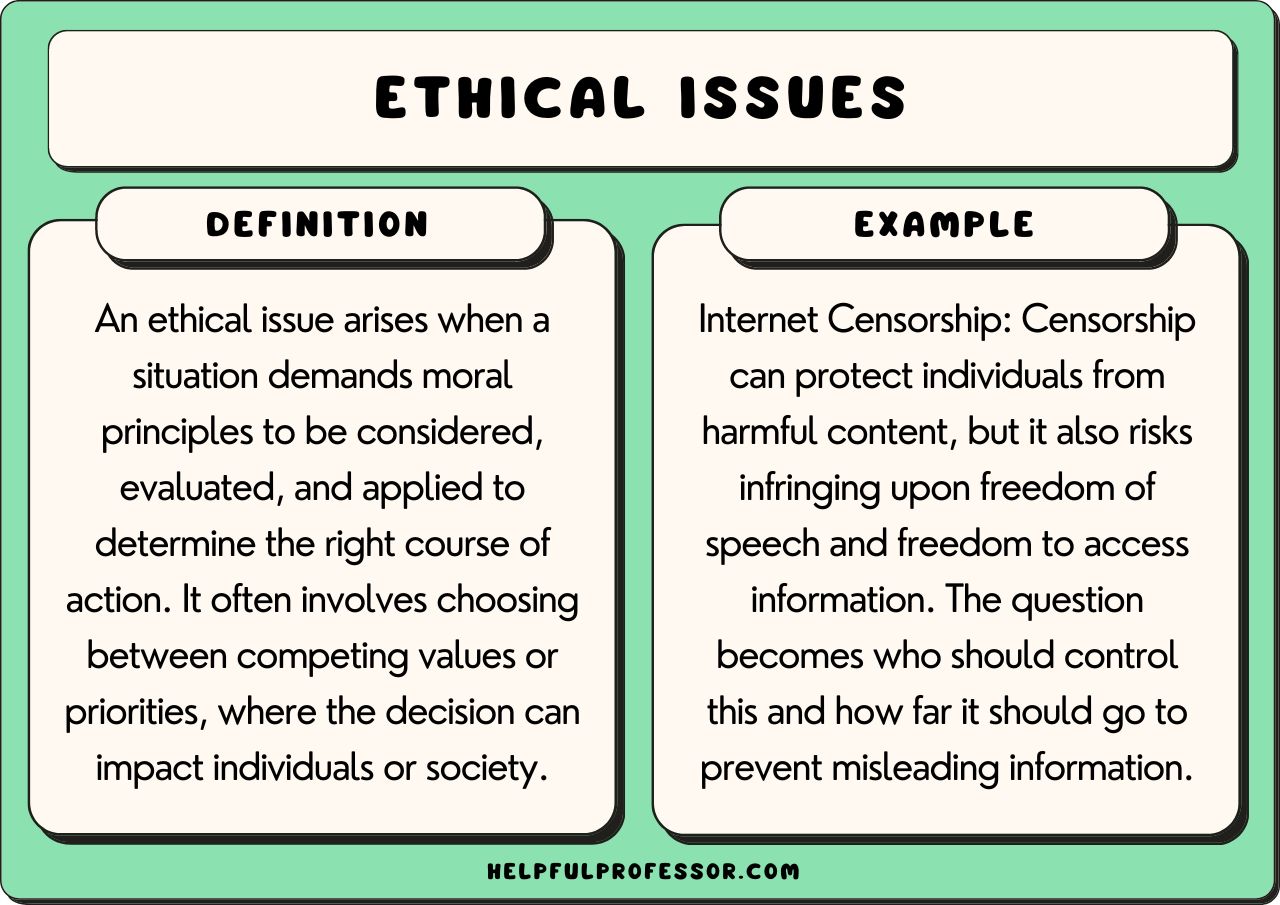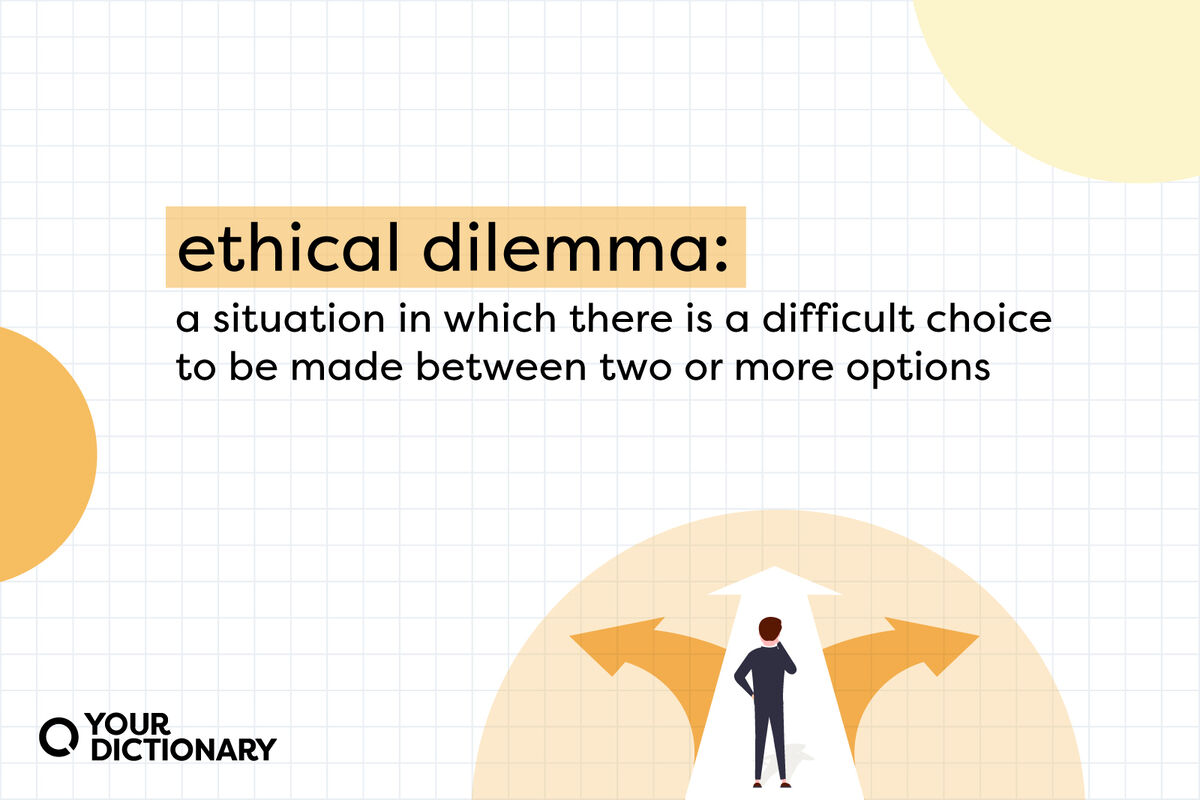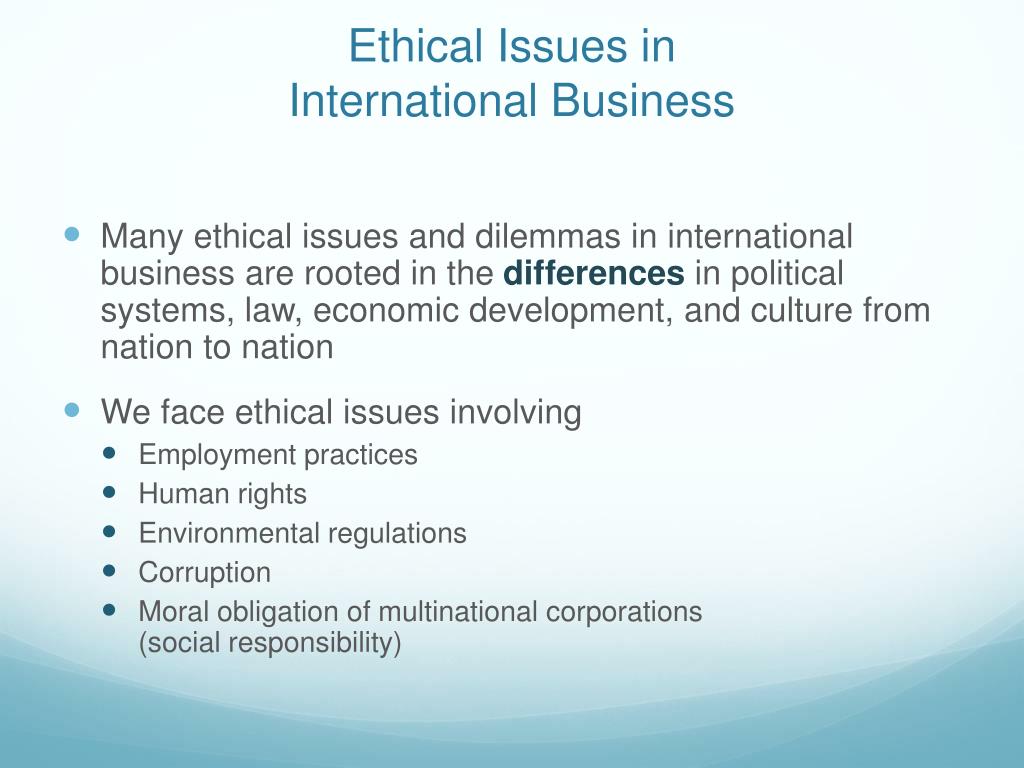Businesses That Faced Ethical Dilemmas
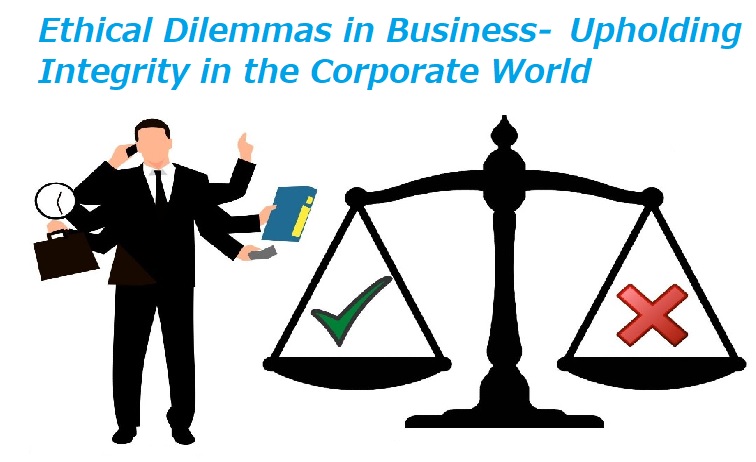
Corporate ethics are under the microscope as several major companies face accusations of prioritizing profit over principles, sparking public outrage and legal battles.
This article examines recent cases where businesses encountered significant ethical dilemmas, impacting stakeholders and raising questions about corporate responsibility.
Volkswagen's Dieselgate Scandal
In 2015, the Environmental Protection Agency (EPA) revealed that Volkswagen had installed "defeat devices" in its diesel vehicles. These devices were designed to cheat emissions tests.
This allowed the cars to meet U.S. standards in the lab while emitting pollutants at levels up to 40 times higher on the road. The scandal cost Volkswagen billions in fines, recalls, and lost sales.
It damaged the company's reputation and resulted in criminal charges against several executives.
"This marked a profound failure of corporate governance,"stated a U.S. Department of Justice official.
Wells Fargo's Account Fraud
From 2002 to 2016, employees at Wells Fargo created millions of unauthorized accounts in customers' names. This was driven by intense sales pressure and incentives to meet unrealistic quotas.
Employees moved money from customers' legitimate accounts to the new, unauthorized ones, often incurring fees and damaging customers' credit scores. Wells Fargo paid billions in fines and settlements and faced intense scrutiny from regulators.
The CEO resigned, and the company implemented significant reforms to its sales practices. The Consumer Financial Protection Bureau (CFPB) played a key role in investigating and prosecuting the bank.
Facebook's Data Privacy Issues
Facebook has faced numerous ethical challenges related to data privacy and user security. The Cambridge Analytica scandal is a prime example.
In 2018, it was revealed that Cambridge Analytica, a political consulting firm, had harvested the personal data of millions of Facebook users without their consent. This data was used for political advertising and profiling.
The scandal raised serious questions about Facebook's data security practices and its role in protecting user privacy. Facebook faced regulatory investigations and significant public backlash.
Purdue Pharma and the Opioid Crisis
Purdue Pharma, the maker of OxyContin, has been widely criticized for its role in fueling the opioid crisis. The company aggressively marketed OxyContin to doctors, downplaying its addictive potential.
Despite evidence of widespread abuse and addiction, Purdue Pharma continued to promote the drug, leading to devastating consequences for communities across the United States. The company faced lawsuits from states and municipalities seeking to recover costs associated with the opioid crisis.
Purdue Pharma filed for bankruptcy and agreed to settlements that included billions of dollars in payments and restrictions on its future business practices. The Department of Justice (DOJ) also pursued criminal charges against the company and its executives.
Boeing 737 MAX Crashes
The Boeing 737 MAX crashes in 2018 and 2019, which killed 346 people, exposed critical flaws in the aircraft's design and certification process.
An automated flight control system, known as MCAS, was implicated in the crashes. Regulators and investigators found that Boeing had failed to adequately disclose the system's capabilities and risks to pilots.
Boeing faced intense scrutiny from regulators, airlines, and the public. The 737 MAX was grounded worldwide for nearly two years, and the company incurred billions in losses.
Each of these cases highlights the potential consequences of unethical business practices. Companies are now facing increased pressure from regulators, investors, and the public to prioritize ethics and social responsibility.
Investigations and lawsuits are ongoing in several of these cases, with potential for further legal and financial repercussions. Enhanced corporate governance and a renewed focus on ethical conduct are crucial to prevent similar scandals in the future.

